| The EV battery’s circle of life |
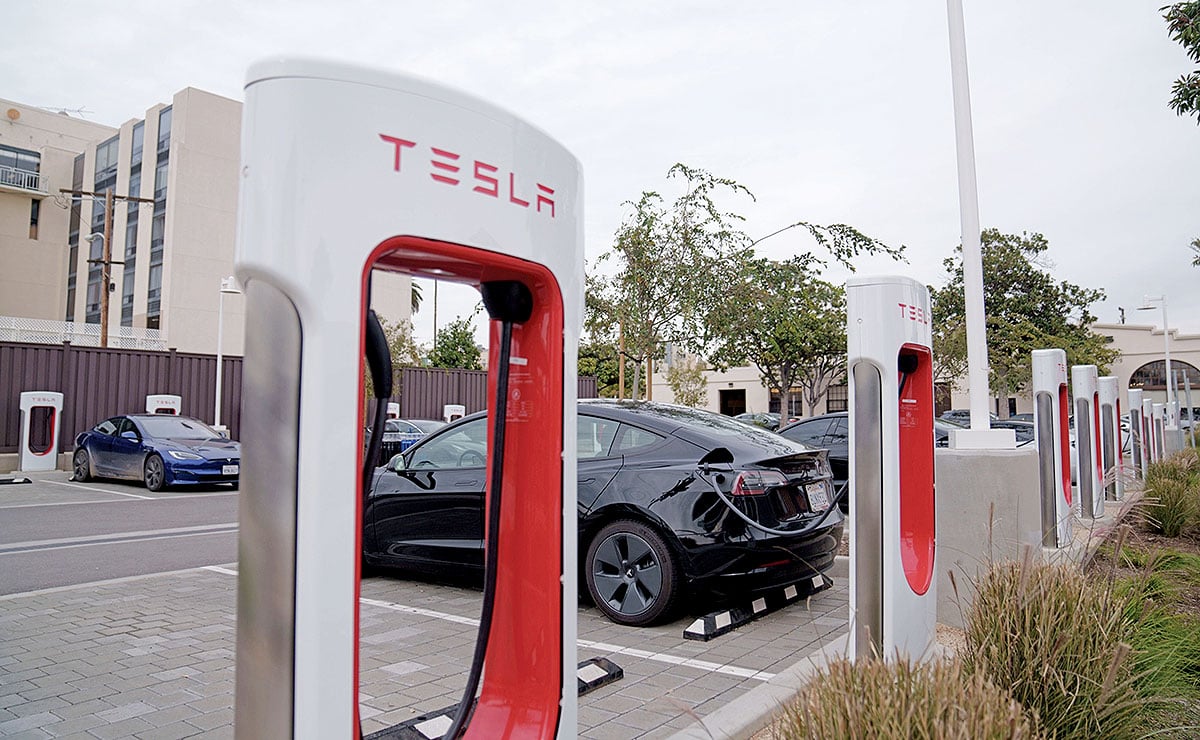
EV batteries. You have to build them, charge them, recycle them — and make sure there’s enough of them.
This week’s Automotive News covers a variety of topics surrounding the batteries that power electric vehicles, from their birth to their useful life to their disposition to their rebirth.
One story goes in-depth about a relatively obscure provision of the Inflation Reduction Act: Section 45X. While most of the attention has been on the federally funded incentives granted to consumers of certain EVs, the advanced manufacturing production tax credit has the potential to be a boon to U.S. battery manufacturers and their automaking partners. The credits they can receive through 2032 — in some cases, as direct payments from the federal government — could be substantial. But with billions of dollars on the table, Section 45X has come under criticism from Republican lawmakers.
We also examine a watershed moment in the brief history of the EV: General Motors last week followed Ford Motor Co. in agreeing to make its vehicles compatible with Elon Musk’s network of Tesla chargers. The notion of GM and Ford partnering with the EV juggernaut on such a critical part of the value chain might once have been unthinkable. But third-party chargers have proven to be exponentially less reliable than Tesla’s robust network — a significant barrier to non-Tesla EV adoption. The question: Will more automakers follow suit? And will Tesla loyalists revolt when they see, say, a Chevy in their midst at the charging station?
Sticking with GM, another story describes the strategy behind the automaker’s EV Live studio, a nearly year-old effort to help people understand everything from battery architecture to how to charge an EV at home and on the go. “This is about us selling the EV lifestyle,” says one executive. Will this kind of customer engagement break the aforementioned barrier to EV adoption? Time will tell.
Finally, in the Shift Mobility Report, we look at battery recycler Redwood Materials‘ push to ensure there are enough batteries to meet rapidly growing demand. Says a company exec: “It’s all on us … the quicker we go, the quicker we can build, the quicker we can get recycled content into batteries. We are pushing ourselves as hard as we can.”
Of course, there are even more facets of the growing EV world throughout this week’s issue. And there is some interesting internal-combustion product on the horizon, as well. EV or ICE, we cover it all.
 |
|---|
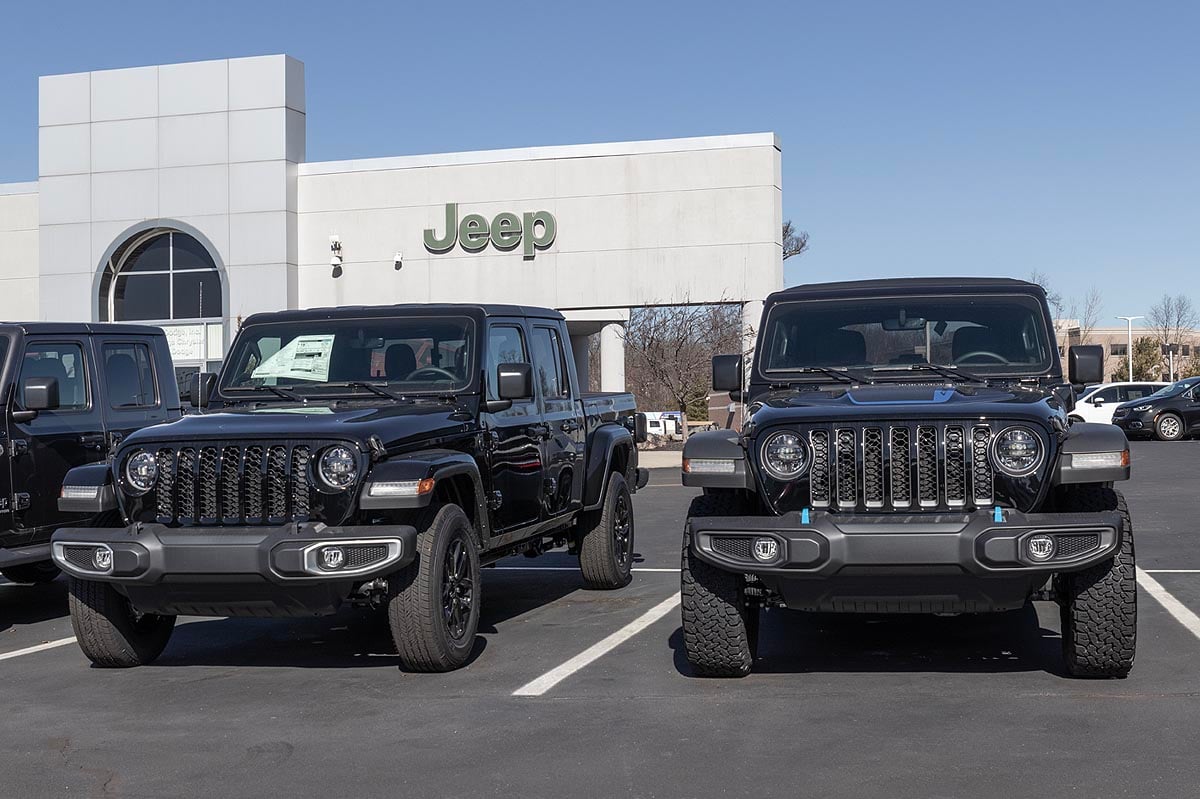
“The market conditions currently do not benefit the consumer. Between interest rates and the lack of credit availability, people just do not have the ability to purchase and afford a vehicle.” |
— A DEALER IN THE SOUTH, TALKING TO COX AUTOMOTIVE FOR A POLL THAT FOUND U.S. FRANCHISED DEALERS SEE A FAVORABLE MARKET BUT ARE LESS OPTIMISTIC ABOUT THE ECONOMY AND INTEREST RATES. |
 |
|---|
In Monday’s Automotive News:
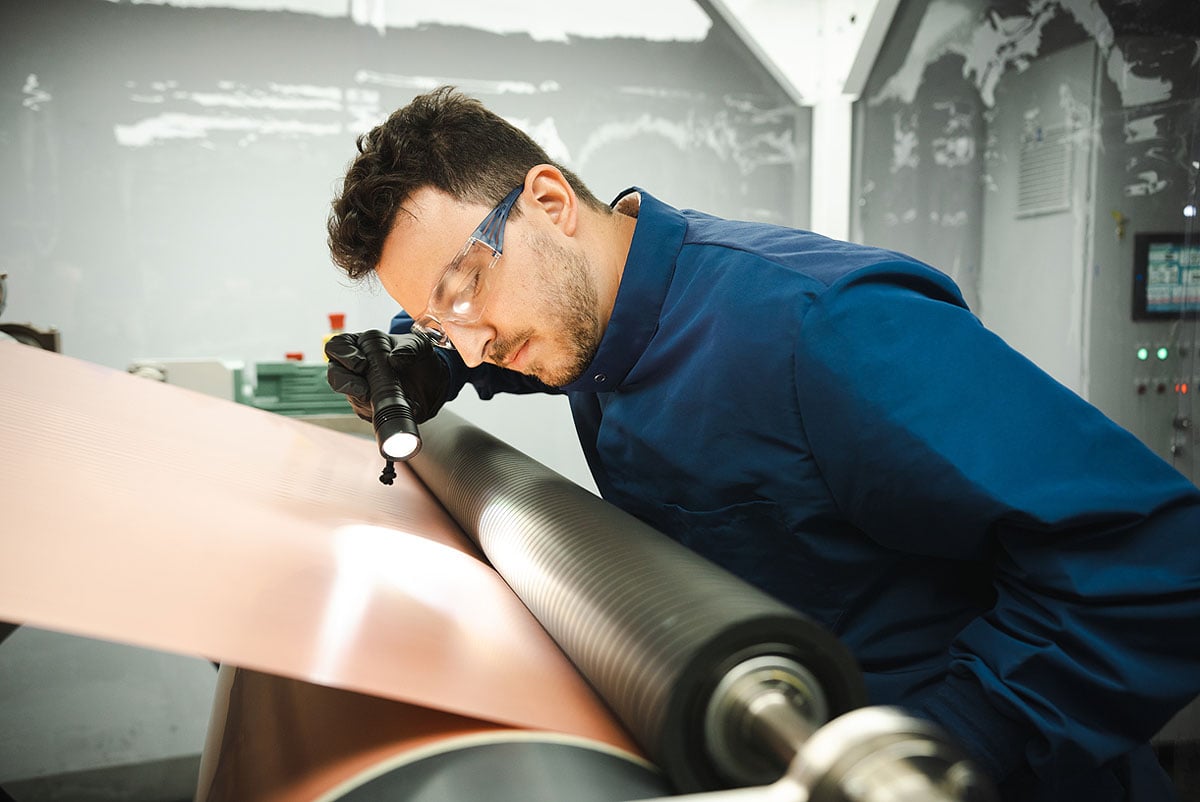
The race is on to put recycled materials into EV batteries: Known as a top battery recycler, Redwood Materials is now targeting production of cathode active material and anode copper foil for electric vehicle batteries. The company, with plants in Nevada and South Carolina, aims to put recycled materials into EV batteries within two years and plans to produce cathode active material and anode copper foil that could help power as many as 1 million EVs by 2028. It’s an ambitious target, propelled in part by the Biden administration’s prioritization of a localized EV supply chain. Automotive News takes a look at Redwood’s strategy to contribute to fully recycled batteries long term.
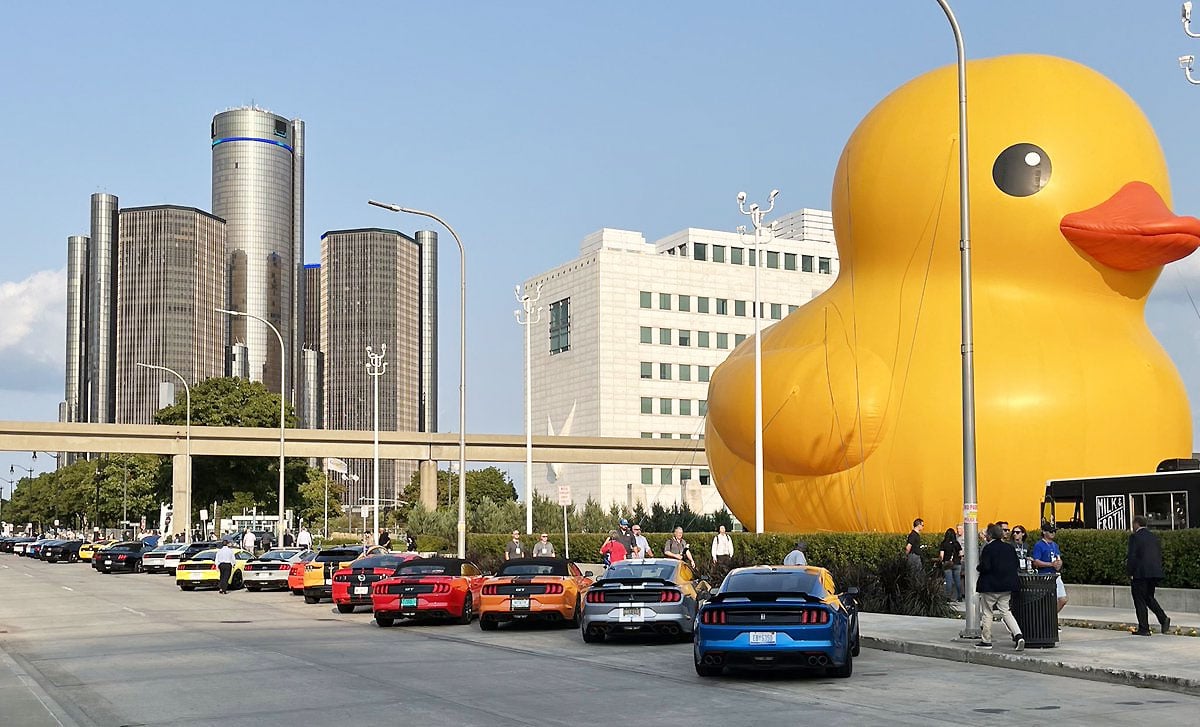
Will 2023 Detroit auto show live up to expectations? Wanna try out an indoor EV test track? Attend a global mobility forum? Get a glimpse of the full brand portfolios of Ford, General Motors and Stellantis? That’s what is forecast for this year’s North American International Detroit Auto Show. Last year saw a rebirth of the show after COVID-related delays and a move from its traditional January schedule. The show was less centralized, extending beyond its traditional home in the Huntington Place convention center to encompass events elsewhere in Detroit. It was also less ambitious than the event that organizers expect to unfold this year. The Detroit Auto Dealers Association predicts more than double the 13 brands that participated in last year’s show, when many European and Asian brands were absent. Automotive News takes a glimpse at what to expect in September.
 |
|---|
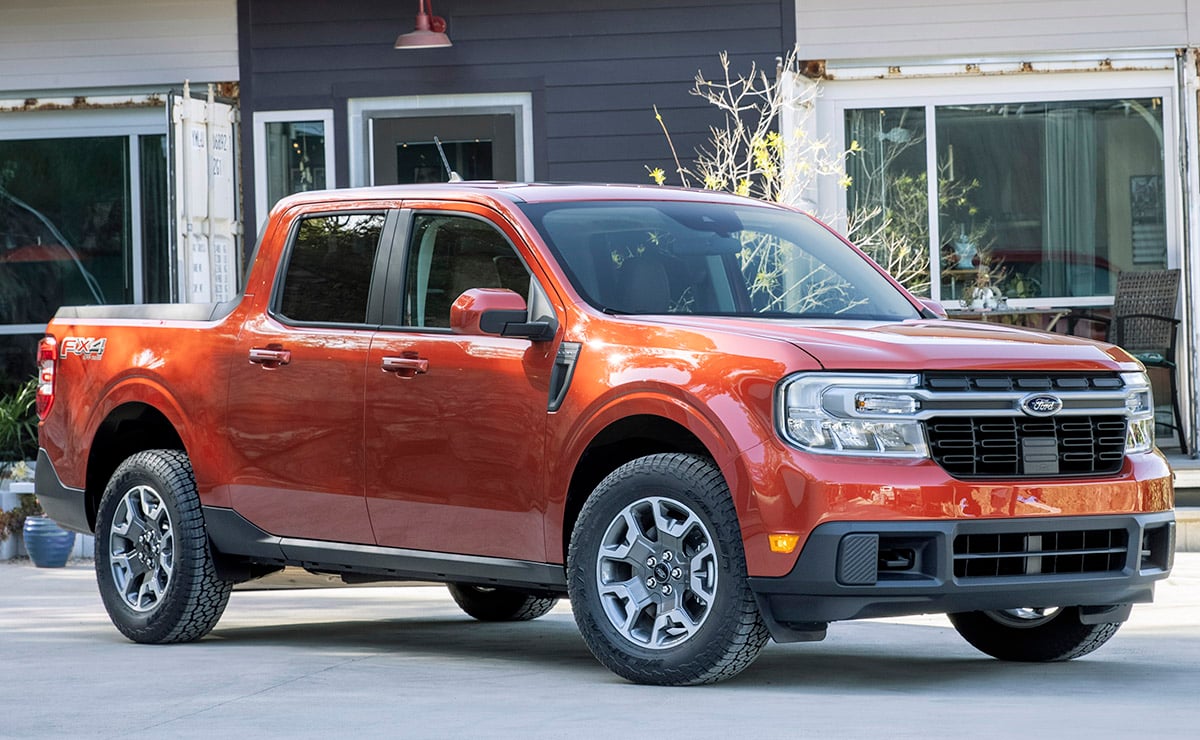
Ford expands crossover recall because of fire risk: If you own a Ford Escape or Lincoln Corsair crossover or a Maverick compact pickup built between 2020 and 2023, and you hear unexpected noises, notice a reduction in power or smell smoke, park and turn off the engine. That’s the word from Ford, which is expanding a recall it initiated last July after 23 reports globally of fire or smoke after a suspected block or oil pan breach.
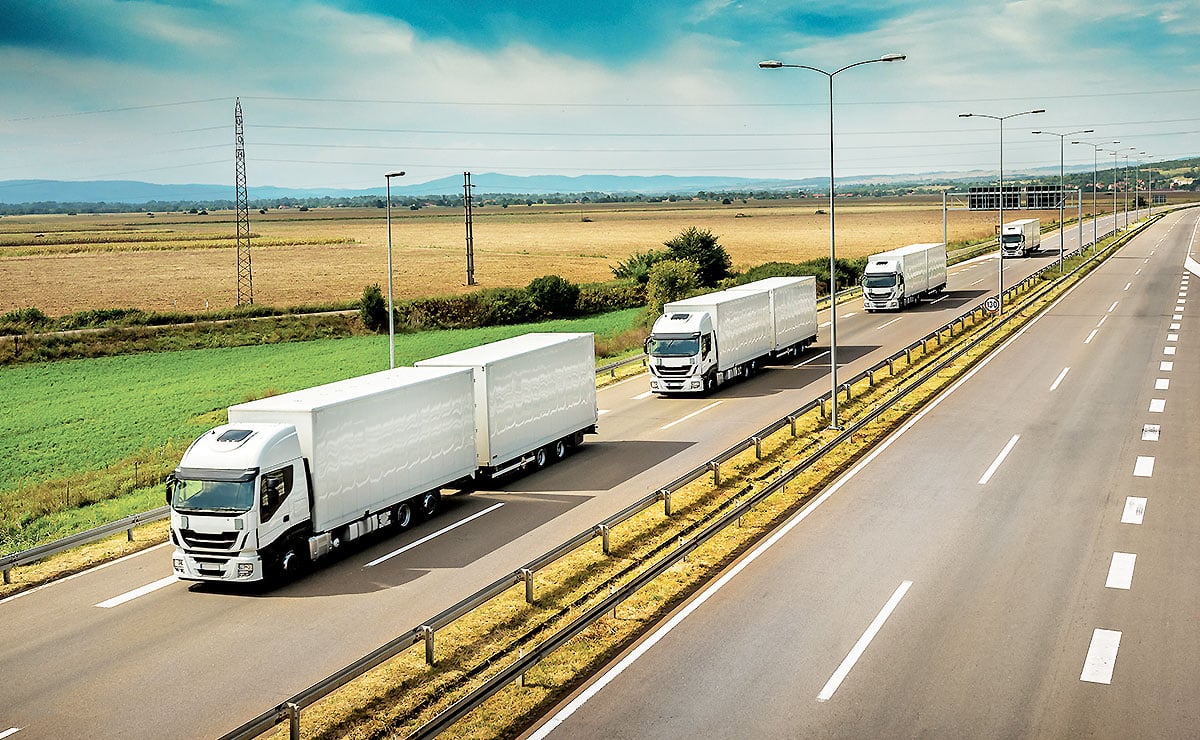
Republican state AGs, industry groups challenge U.S. approval of California truck rules: A group of 19 Republican state attorneys general as well as oil industry, farming and truck driver groups said they had filed legal challenges to the Biden administration decision approving California’s plans to require a rising number of zero-emission heavy-duty trucks as the state pushes to cut pollution. Iowa Attorney General Brenna Bird said California’s rules will “devastate the demand for liquid fuels, such as biodiesel.”
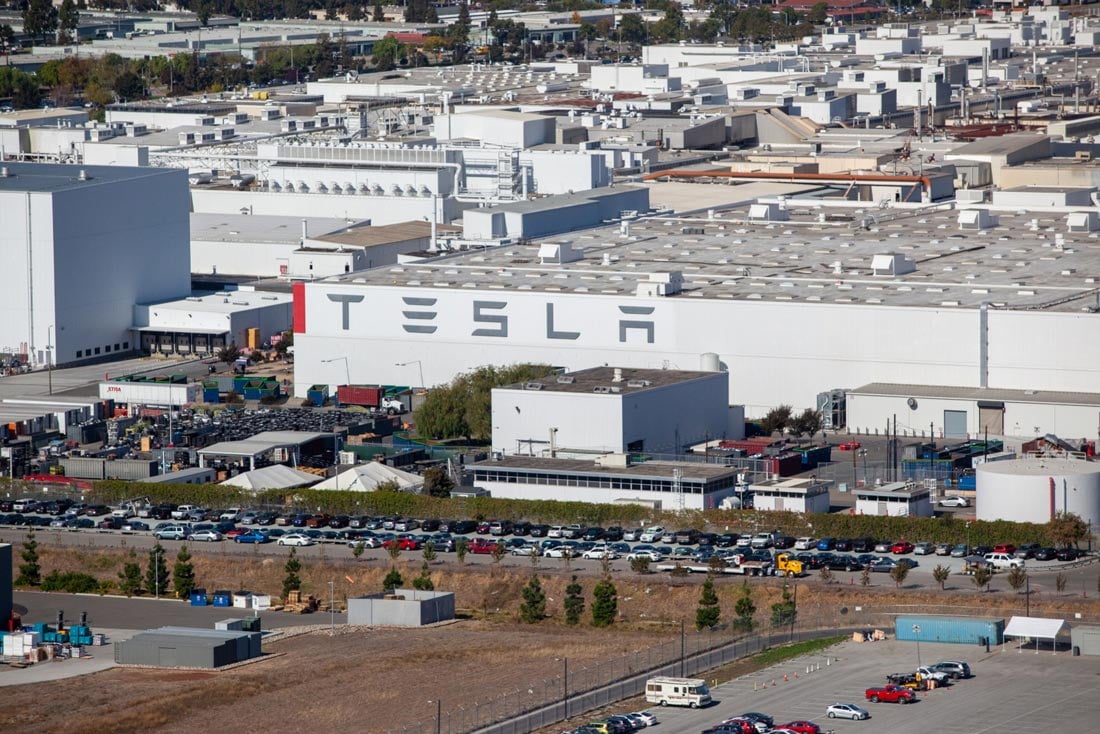
Lawsuit claiming racism at Tesla draws almost 240 Black workers saying, “Me, too”: A Black former assembly line staffer at Tesla is moving to add hundreds of other workers to his 2017 lawsuit in which he called the electric car maker’s production floor a “hotbed for racist behavior.” Marcus Vaughn says class-action status is appropriate to address Tesla’s failure to stop a “pattern and practice of race discrimination” and a hostile work environment at the factory in Fremont, Calif.
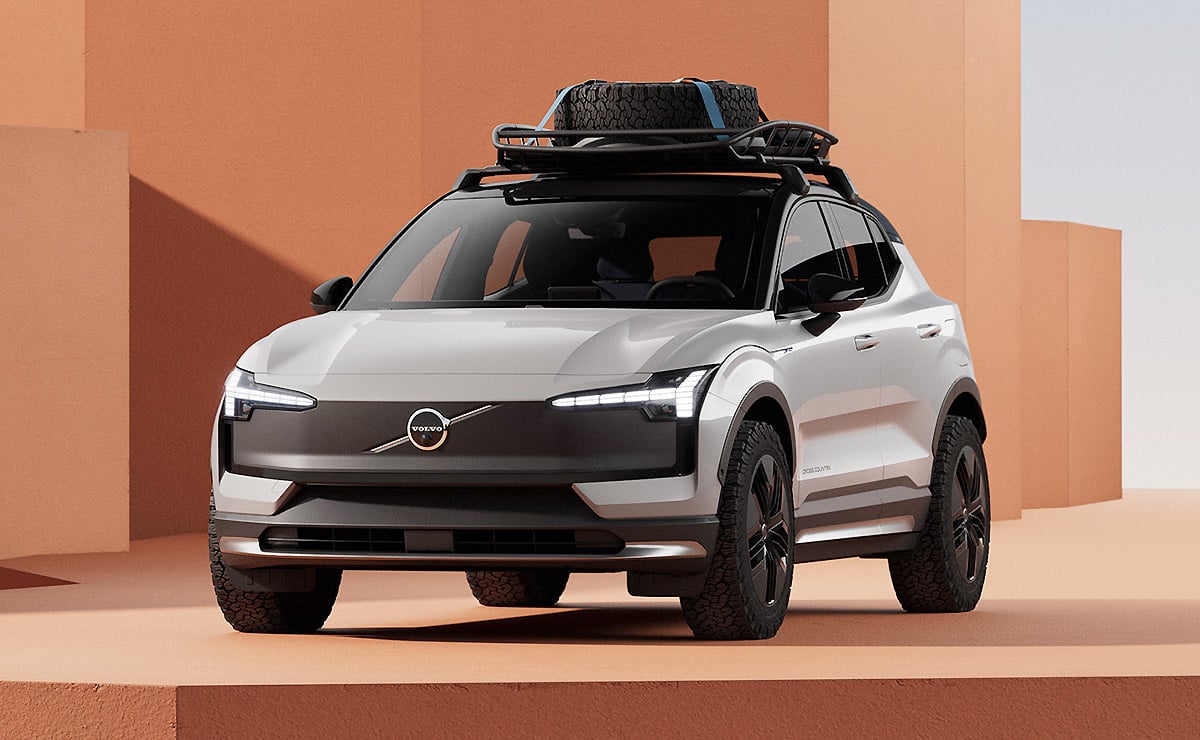
Volvo targets Gen Z with budget-priced electric crossover: Volvo is betting big on a small new electric model aimed at younger buyers. The Chinese-made EX30 compact crossover is the most affordable, fastest-accelerating and greenest Volvo yet. The 2025 Volvo EX30 starts at $36,145 including shipping and arrives in the U.S. next summer.
 |
|---|
|
|---|
 |
|---|
 |
|---|
 |
|---|
June 16, 1903: Henry Ford and 11 other investors — including brothers John and Horace Dodge — put up $28,000 and Ford Motor Co. was born. Henry Ford had failed with two other auto companies. He didn’t fail this time.

